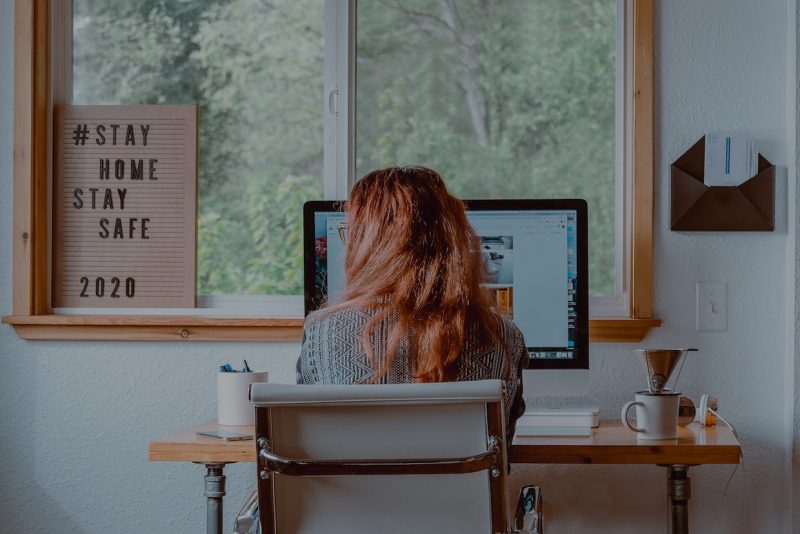
Remote Working – The Facts
in WELLBEING + RESILIENCE | COMMUNICATION + RELATIONSHIPS | INNOVATION + CREATIVITY | PRODUCTIVITY + PERFORMANCE
In March, we began the largest work-from-home experiment in history. But what impact is working from home having on productivity, collaboration and wellbeing?
Well, with it now being over six months since we started working from home, the data is in. We can now see clearly what is – and isn’t – working when it comes to working from home.
- 9 out of 10 (88%) of employees who have worked at home would like to continue working at home in some capacity. With around one in two employees (47%) wanting to work from from home often or all the time. (Understanding Society Covid-19 Study)
- Two-fifths (41%) of employees reported that they were able to get as much work done in June 2020 as they were six months earlier. Over a quarter (29%) said that they got more done, while 30% said that their productivity had fallen. Overall, remote working doesn’t seem to have affected productivity as much as one might have expected. (Understanding Society Covid-19 Study)
- Since lockdown, the number of meetings have increased (+13%) as have the number of attendees per meeting (+14%). The only positive is that meetings now tend to be shorter (-20%). (NBER 27612)
- Microsoft data suggests that since lockdown, we have been working 4 hours a week more. Workplace data firm Humanyze found similar – with workdays in a remote environment remaining 10-20% longer. (WARC)
- Imposter syndrome and self-doubt are rife, with more than one-quarter (27%) of employees feeling these more so working from home than they did previously. (Culture Shift)
- We’re missing lunch. Microsoft analysed instant messenger data on their Teams platform. Lunchtimes pre-lockdown used to see a 25% dip in IMs, since lockdown it’s down to 10%. Evenings have suffered too: the same data has seen a 52% increase in the share of messages sent between 6pm and midnight. (HBR)
- Almost half (44%) of employees report being trusted to get on with their job more now they’re working from home, meaning many are able to work autonomously without being micromanaged. (Culture Shift)
- More than 50% of remote working employees are experiencing burnout. (FT)
- Google searches for ’Zoom fatigue’ have increased steadily since March. 69% of employees state they miss face-to-face collaboration. (Digiday)
- It has been estimated that one-fifth of the workforce could be entirely remote after the pandemic. (Upwork) Indeed, Facebook CEO Mark Zuckerberg has said that half of the company could work remotely within a decade. Pinterest also terminated a massive 490,000 square foot lease at San Francisco’s unbuilt 88 Bluxome project – citing a shift towards more remote work. It will pay a 1-time fee of $89.5 million to cancel the Bluxome lease.
